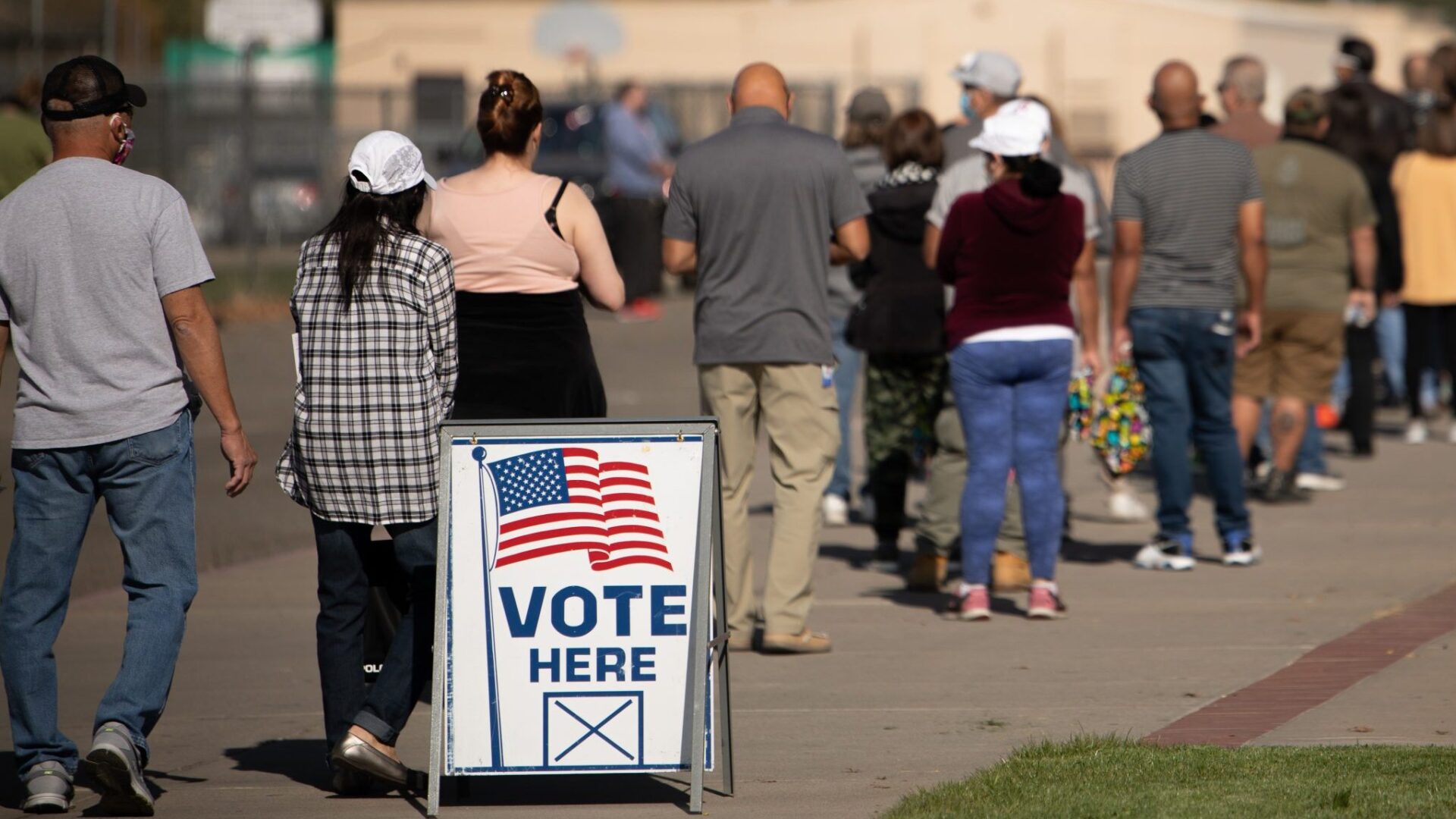In a significant policy shift aimed at strengthening national security measures, the Department of Homeland Security (DHS) announced on Wednesday that it will begin screening visa applicants’ social media content for antisemitic activity.
This development marks a new chapter in America’s immigration vetting process, where your Facebook posts might now carry as much weight as your passport.
Digital Footprints Now Part of Visa Applications
Gone are the days when preparing for a visa interview meant simply gathering financial documents and practicing your best “I promise to return home” speech. The U.S. Citizenship and Immigration Services (USCIS) will now actively consider social media content during the screening process for those applying for permanent residency, student visas, or educational institution affiliations. Think of it as the ultimate background check that goes beyond the usual paper trail – your digital footprint has officially become part of your application package.
What Exactly Are They Looking For
According to DHS officials, the focus is specifically on content that indicates an applicant “endorsing, espousing, promoting, or supporting antisemitic terrorism, antisemitic terrorist organizations, or other antisemitic activity.” This isn’t about catching that one controversial meme you shared five years ago – it’s targeting patterns of behavior that suggest genuine security concerns.
As Assistant Homeland Security Secretary Tricia McLaughlin bluntly stated, “There is no room in the United States for the rest of the world’s terrorist sympathizers.” In other words, if your Twitter feed looks like a red flag factory, you might want to reconsider your travel plans.
The Implementation Process
The directive allows for immediate consideration of antisemitic activity in the screening process. The State Department issued similar guidance in March, requiring consulates worldwide to review social media for student visa applicants.
The reviews are thorough – if potentially problematic content is discovered, Fraud Prevention Units must take screenshots to preserve the evidence, even if the applicant later attempts to delete or alter their posts. It’s like having a permanent screenshot of your digital life saved in a government folder somewhere – not exactly comforting, but certainly effective.
Real Impact Already Visible
This isn’t just bureaucratic posturing. Secretary of State Marco Rubio reported that more than 300 visas had already been revoked under these criteria as of March 28. The message is clear: the U.S. government is serious about using digital screening as an enforcement tool.
So while you’re planning your American adventure, remember that your social media history is now effectively part of your application. The land of the free is still welcoming visitors – just not those whose online activity raises security concerns.
What This Means for Future Applicants
For prospective visa applicants, the takeaway is straightforward: your online presence matters. While this policy specifically targets antisemitic content, it represents a broader shift toward digital vetting in the immigration process.
The days of separation between your online persona and your visa application are over. So before you apply for that American dream opportunity, perhaps a thoughtful review of your social media history would be prudent – think of it as spring cleaning, but for your digital life.
Contact us today through our website or WhatsApp to discover how we can help you achieve success in the United States. Together, we can turn dreams into reality.
Information source: abcnews.go.com



